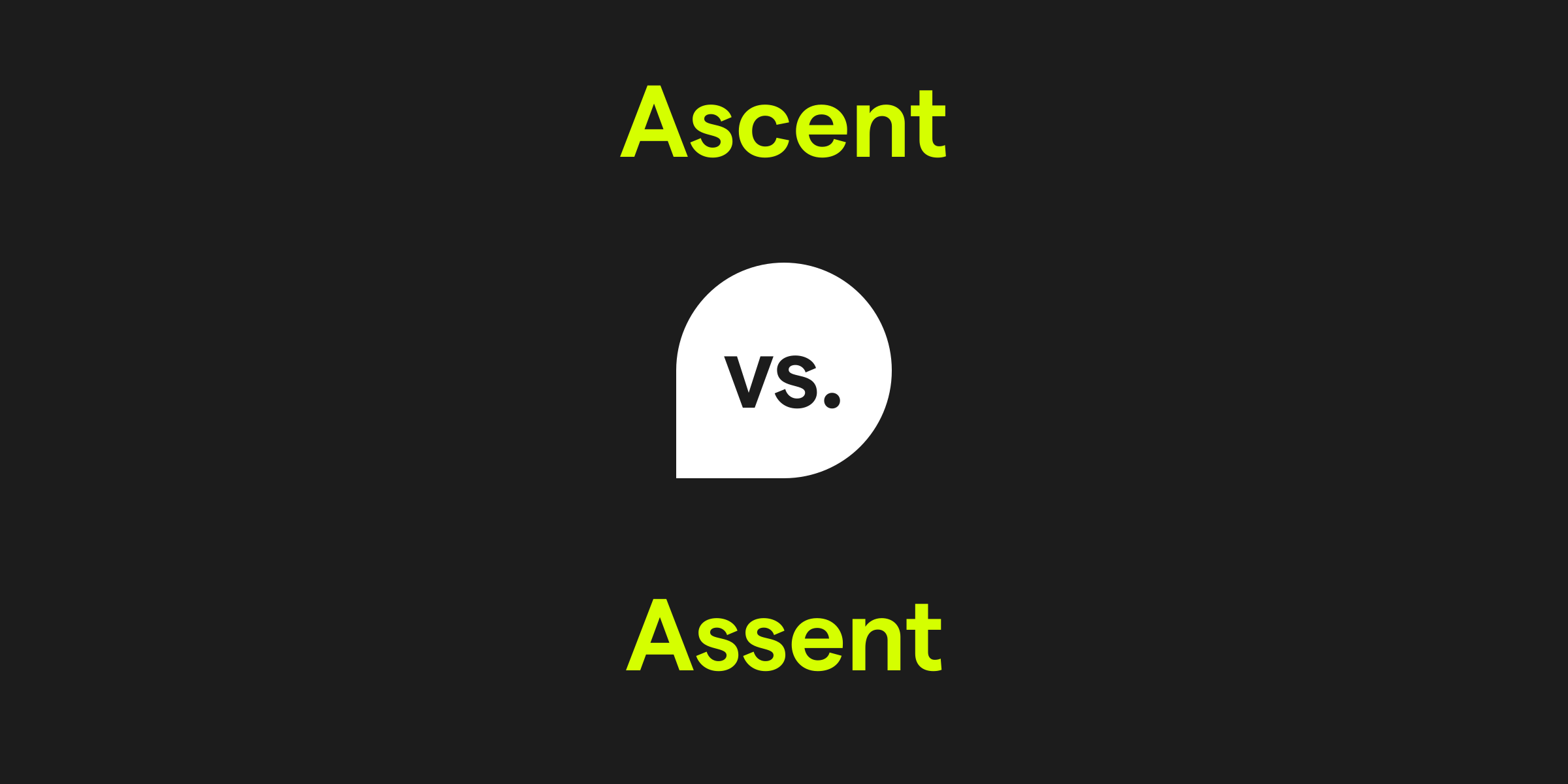Ascent vs. Assent: What's the Difference?
Understanding the difference between ascent and assent is essential for clear communication. Ascent refers to the action of rising or going upward, often used to describe a physical climb or increase in height. Assent, on the other hand, signifies agreement or approval, and is used in contexts where someone is expressing consent or giving permission.

How do you use the word ascent in a sentence?
Use the word ascent when speaking about an upward movement, literal or figurative. It can refer to anything from climbing a mountain to a rise in position or status within a company. Ascent emphasizes the act of moving up or advancing in some way.
Examples of ascent in a sentence
- The mountain climbers celebrated their successful ascent to the peak.
- She enjoyed watching the balloon's steady ascent into the blue sky.
- His ascent through the ranks of the company was rapid due to his hard work and innovation.
How do you use the word assent in a sentence?
The word assent is used when someone is agreeing or giving their approval to a proposal or idea. It's often found in legal and formal contexts. Assent goes beyond mere agreement by implying a thoughtful concurrence with the terms or conditions presented.
Examples of assent in a sentence
- The committee gave its unanimous assent to the new funding plan.
- She nodded her head in assent and he proceeded with the project.
- The parents must give their assent before the school trip can go ahead.
Ascent and assent definition, parts of speech, and pronunciation
Ascent definition:
Ascent (noun) is the act of rising, climbing, or going upward. It can be used to describe both physical movement or an increase in status or level.
Ascent parts of speech:
Ascent pronunciation:
Ascent is pronounced as /əˈsɛnt/. The emphasis is on the second syllable.
Assent definition:
Assent (noun) refers to an agreement or approval, often after careful consideration. As a verb, it means to agree or express agreement.
Assent parts of speech:
Assent pronunciation:
Assent is pronounced as /əˈsɛnt/. Despite having the same pronunciation as ascent, context differentiates them.
Ascent (noun) is the act of rising, climbing, or going upward. It can be used to describe both physical movement or an increase in status or level.
Ascent parts of speech:
- The scenic route offered an easy ascent up the mountain.
- After years of hard work, her ascent to the executive board was well-deserved.
Ascent pronunciation:
Ascent is pronounced as /əˈsɛnt/. The emphasis is on the second syllable.
Assent definition:
Assent (noun) refers to an agreement or approval, often after careful consideration. As a verb, it means to agree or express agreement.
Assent parts of speech:
- His assent to the terms meant the contract could now be finalized.
- After a brief pause, the board assented to the new policy change.
Assent pronunciation:
Assent is pronounced as /əˈsɛnt/. Despite having the same pronunciation as ascent, context differentiates them.
Ascent vs. assent in a nutshell
While ascent and assent share a similar pronunciation, their meanings are distinct and contextually rich. Ascent is used to describe upward movement, either in a literal sense, like climbing a mountain, or a figurative sense, like climbing the corporate ladder. Assent denotes agreement or consent, and is a term that's often used in legal, formal, or decision-making situations. Knowing the difference between these terms is crucial for precise and effective communication.
Get AI Writing Assistance Wherever You Type
Make sure your vocabulary is on point and every punctuation mark is in the right place, no matter where you’re working. Grammarly works across more than 1 million websites and apps so you can improve your writing without copying, pasting, or breaking focus.

More Commonly Confused Words
Interest piqued? Pore (not pour) over other commonly confused words to help your writing reach peak (not peek) performance.